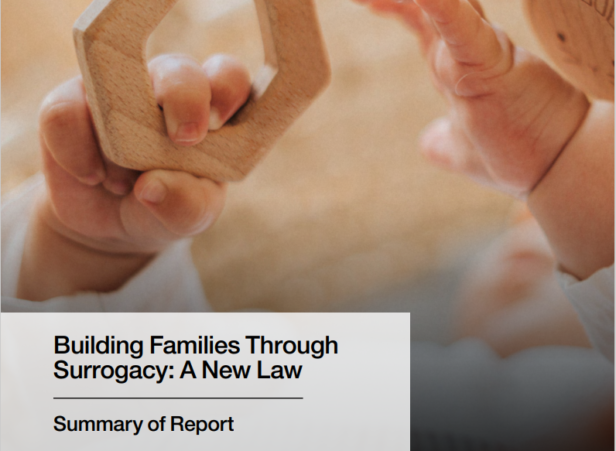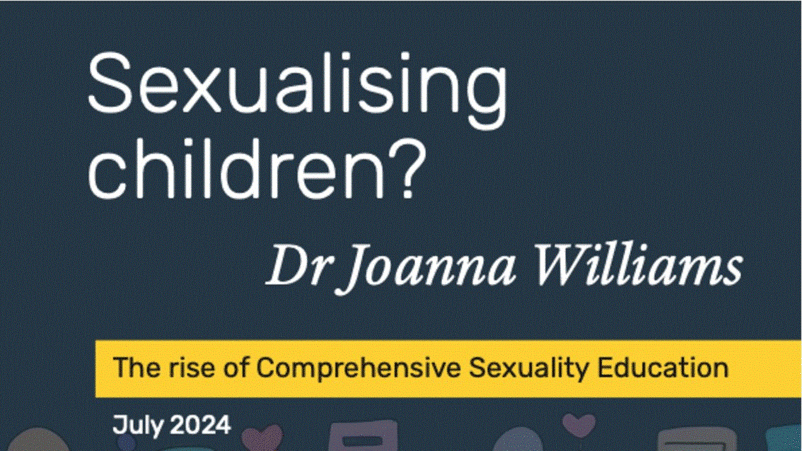
During the Covid-19 pandemic, the Irish Government imposed the longest ban on public worship in Europe, while in Northern Ireland restrictions were less drastic. A new academic study says that religious institutions and media outlets largely supported these measures, with the main exception of the Irish Catholic newspaper.
The study, by Gladys Ganiel and Caoimhe Ní Dhónaill from Queen’s University Belfast, analyses the response from the main Churches, and also religious publication to the very restrictive approach by the authorities.
The two authors noticed that “strict restrictions in other countries prompted religious leaders to criticise the government or to seek redress in the courts on grounds of religious freedom. But such discourses were almost absent on the island of Ireland.”
Religious institutions, including the Catholic Church and Protestant denominations, largely supported the government-imposed restrictions, despite their often very heavy-handed nature. The churches justified their stance by appealing to the broader common good and the need to protect the most vulnerable members of society from the virus.
“No churches, church leaders, or church groups brought religious freedom cases to the courts”, (unlike in various other countries) observed the study. The only exception was Declan Ganley, a prominent Catholic businessman, who contended that the government’s ban on public worship was unjust and violated the fundamental rights of believers. The case was ultimately dropped when restrictions were eased.
Ganiel and Ní Dhónaill noticed that in Northern Ireland, religious leaders were more actively consulted by the government than in the South. This consultation led to a generally cooperative stance by religious institutions in the region. The Protestant churches, for example, continued to encourage adherence to the restrictions while also acknowledging the emotional and psychological toll the pandemic was taking on individuals, particularly due to isolation and the inability to gather for worship.
In the Republic, however, “the government’s approach to restrictions revealed a lack of trust in religion: piety could be perceived as dangerous; or, alternatively, the rights of the pious were deemed less important than those of others”, says the study.
While the Catholic hierarchy accepted the State’s top-down approach and officially supported the government’s measures, there was a notable voice of dissent within the religious media. The Irish Catholic newspaper emerged as a critic of the measures, particularly concerning the ongoing closure of churches.
The paper voiced frustrations over the exclusion of religious services from essential activities, contrasting Ireland’s severe restrictions with more lenient approaches in other European countries.
Quite a few of the articles in that newspaper which questioned the ban on public worship were written by the head of the Iona Institute, David Quinn.
Initially supportive of the government’s efforts, the Irish Catholic‘s tone shifted as the pandemic progressed. The paper highlighted the prolonged closure of churches even as other parts of society began to reopen, questioning why religious gatherings were considered less essential than other activities. This position reflected a broader concern within the publication that Ireland’s secularising public sphere was increasingly marginalising religious expression.
Even the Catholic Church leadership was criticised for not doing enough to defend the rights of the faithful. The paper argued that the government’s approach represented a form of modern-day persecution, likening it to historical anti-Catholic measures.
In contrast, the Protestant media in Northern Ireland, where there was more dialogue between church leaders and the government, largely supported the restrictions and praised political leaders for their decisions.


